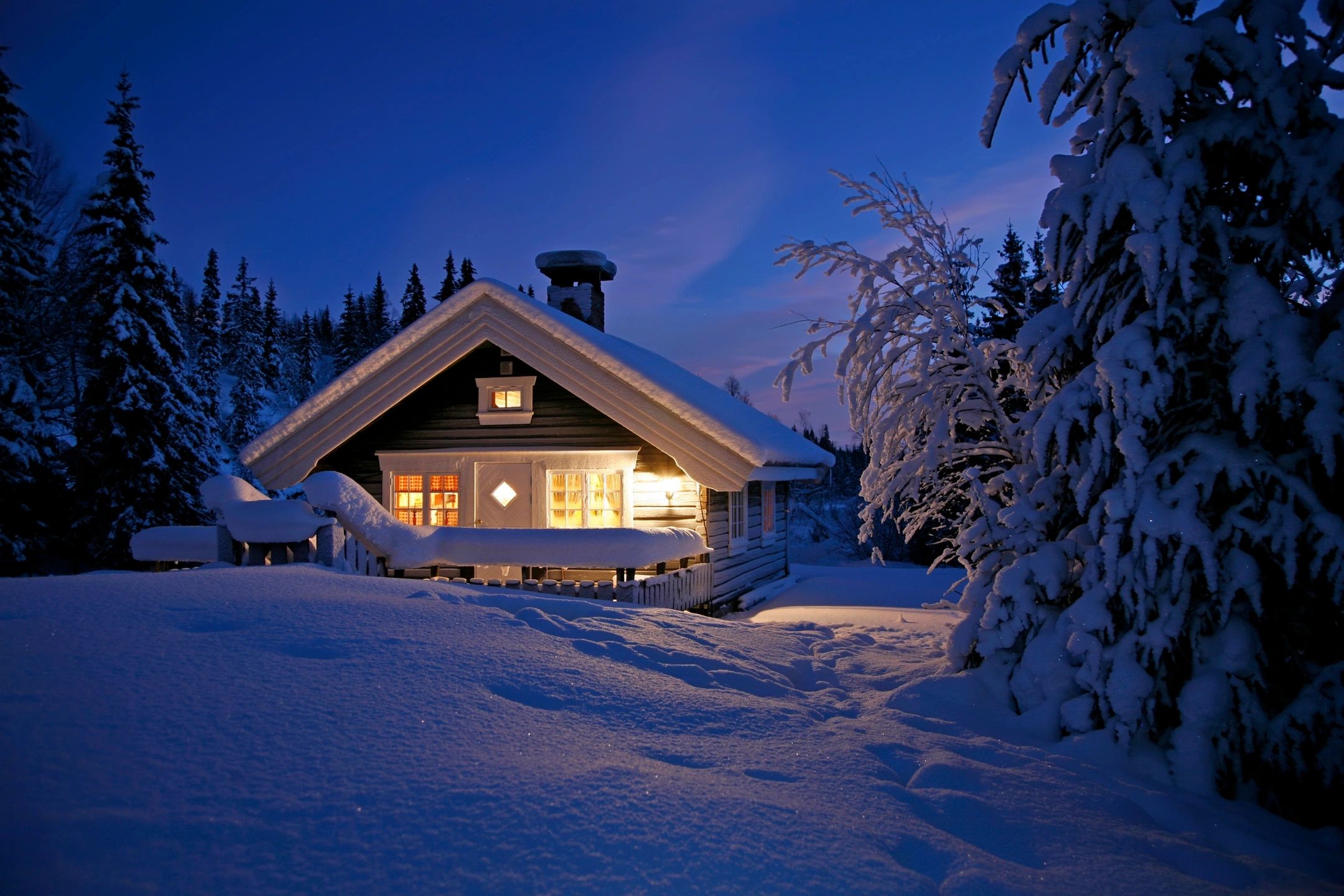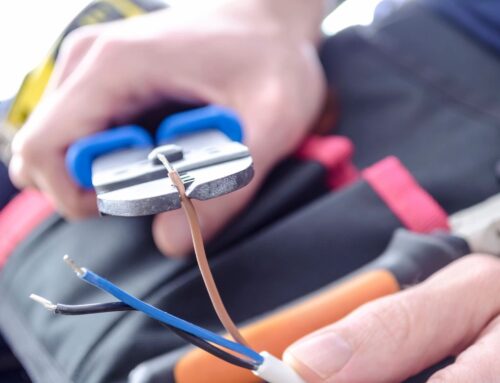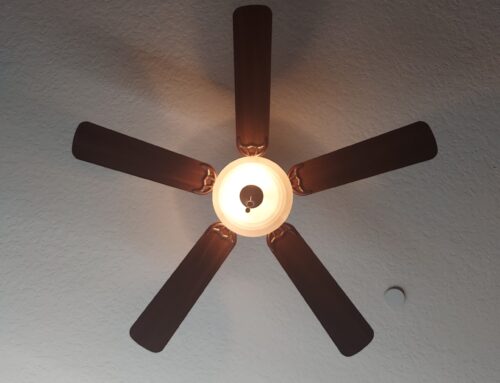Northern Georgia is no stranger to cool temperatures, but when the extreme cold sets in, you might wonder—how does it impact your home’s electrical system?
The truth is, winter weather can put additional strain on your home’s electrical setup, and understanding the potential challenges can help you prepare and protect it.
Here’s what every Northern Georgia homeowner needs to know about keeping their home electrical system running smoothly during freezing temperatures.

How Extreme Cold Affects Your Home Electrical System
While electrical systems are generally robust, extreme cold can expose vulnerabilities. Here are some key ways the cold could impact your system:
- Higher Energy Demand
During the winter months, many households rely on electric heating systems or space heaters to keep warm. This increased usage can lead to overloading circuits, straining your electrical system, and, in some cases, causing power outages or system failures.
Pro Tip: Avoid overloading a single outlet with multiple heaters or high-wattage devices. Distribute the load across multiple circuits. - Brittle Wiring
Older or exposed wiring can become more brittle in freezing weather, increasing the risk of cracks or breaks. Damaged wiring not only affects functionality but also raises safety concerns, including the risk of electrical fires. - Power Outages and Surges
Extreme cold weather often comes with storms, snow, and ice, which can lead to downed power lines and power outages. When the power is restored, a surge may occur, potentially damaging sensitive electronics and appliances.
Pro Tip: Use surge protectors for valuable electronics like computers, TVs, or gaming systems. - Frozen Outdoor Electrical Components
Outdoor outlets, lights, and electrical panels are especially vulnerable to freezing temperatures. Moisture from ice or snow can seep into electrical components, potentially causing short circuits or system malfunctions.
Pro Tip: Use weatherproof covers for outdoor outlets and ensure any exposed wires are properly insulated. - HVAC Electrical Strain
Your HVAC system also relies on your electrical network to function effectively. Extreme cold can mean your system works overtime to maintain a comfortable temperature, placing additional stress on your electrical components. Keep an eye out for flickering lights or tripped circuits—these are warning signs of an overloaded system.
Preventative Measures for Your Home Electrical System
Shielding your home’s electrical system from the impact of extreme cold doesn’t have to be overwhelming. These simple steps can make all the difference:
- Conduct a Pre-Winter Inspection
Hire a licensed electrician to inspect your wiring, outlets, and circuit breaker. Identifying small issues before the temperatures drop can save you major headaches later. - Invest in Surge Protection
Whole-home surge protection devices safeguard your system against the sudden surges that often occur during power restoration. They’re a small investment that can protect your expensive appliances. - Insulate Outdoor Electrical Fixtures
Wrapping or insulating outdoor electrical components, like outlets and extension cords, can help prevent damage caused by moisture or freezing temperatures. - Distribute Power Usage
Spread out high-demand devices, like heaters, across different rooms and circuits to reduce the risk of tripping a breaker. - Have a Backup Plan
Invest in a portable generator for emergencies. It can be a lifesaver during prolonged power outages and take the burden off your electrical system when it’s strained.
When to Call an Electrician
Some electrical issues go beyond what you can safely handle as a homeowner. Call a licensed electrician in Northern Georgia if you notice:
- Frequent tripped breakers
- Flickering or dimming lights
- Burning smells near outlets or the breaker box
- Non-functioning outlets or switches after a storm
An electrical technician can troubleshoot, repair, and make recommendations to fortify your system against the challenges of winter weather.
Stay Warm and Protected This Winter
While extreme cold can put added pressure on your home electrical system, the good news is that with proper care and precautions, you can avoid most problems. Perform seasonal maintenance, stay aware of the signs of trouble, and don’t hesitate to call in professionals when needed.



